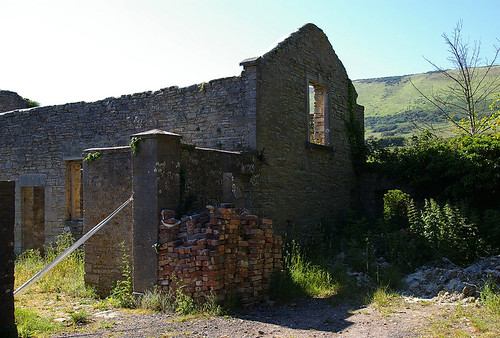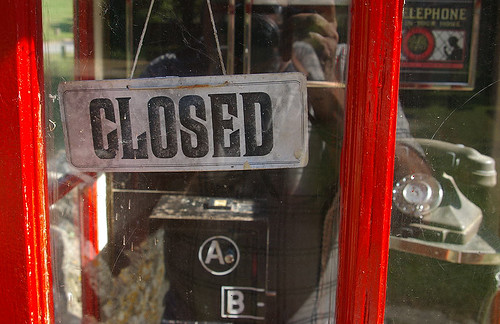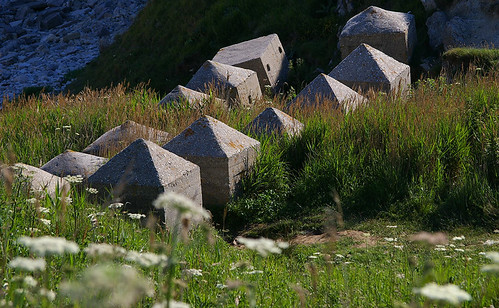I found this article in the Independent interesting. There’s a film coming out in France called Indigènes about “the 300,000 Arab and north African soldiers who helped to liberate France in 1944.” Apparently about half the French army in 1944 was African or Arab. The director and producer, both French of North African descent, “hope the film will remind the majority population of France that the country owes a deliberately obscured debt of blood to colonial soldiers with brown and black skins. They also hope the film will persuade young French people of African origin that they belong in France.”
In one respect, the film has already succeeded where years of complaints have failed. Last week, just before it reached the cinema, the French government was shamed into paying belated full pensions to 80,000 surviving ex-colonial soldiers who, since 1959, have been paid a fraction of what French veterans receive.
All of which is quite interesting, but I was mainly struck that the article managed to get all the way through exuding a sense of superiority to those racist French without commenting on the British parallel. There were really quite a lot of colonial troops fighting for the British in the war, most notably the Indian Army, which in WWII was the largest all-volunteer army ever assembled. Unsurprisingly, the Indian Army was important in the Burma campaign, but they also fought in North Africa, the Middle East and Italy. I think I read once that a third of troops at the battle of El-Alamein were Indian. There aren’t too many Indian faces in all those old war films, though, and I really don’t think most British people know anything about their role. And given that the Ghurkas who are current members of the British army still don’t get the same pensions as their British counterparts, it seems a fair bet that Indian veterans of El-Alamein and Monte Cassino don’t either.
This particular blindspot in the British view of history isn’t simply a race thing, of course. Only a minority of the ‘British’ Eighth Army at El-Alamein was actually British; apart from the Indians, there were troops from Australia, Canada, New Zealand, South Africa and Rhodesia; and even a few Free French and Poles. But I only know that because I just looked it up in Wikipedia, and I imagine that most people in this country would have assumed, like me, that the British Army was, basically, British.
Quite apart from the fact that le fairplay demands these things be better known, the French example makes me think – there must be a good film in this somewhere. Or novel. Or even poem, at a pinch.



